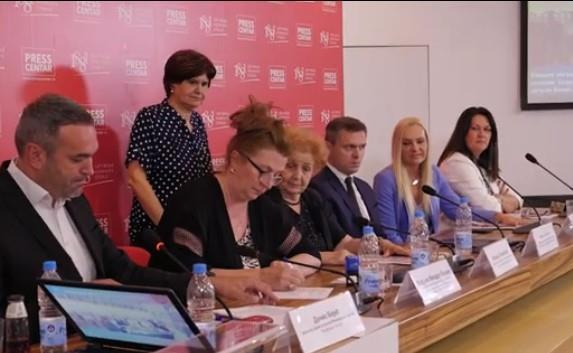The main topic of the article concerns the rights of families of kidnapped and missing persons from Kosovo, who have been living in uncertainty and pain for over 25 years. The families demand truth and justice, emphasizing that victims have no nationality. It is highlighted that inaction on this issue is a crime and that dialogue between Belgrade and Pristina must continue with priority given to resolving the issue of the missing. The article also points out the non-compliance with the UN Security Council Resolution and the need for its implementation. The Serbian state has formed a working group and plans to enact a law regulating the issue of missing persons, granting them legal status and support to families. Families and associations stress that without resolving the fate of the missing, reconciliation among the peoples of the former Yugoslavia cannot be achieved. The topic is presented with an emphasis on the humanitarian aspect, justice, and the need for international support.
Political Perspectives:
Left: Left-leaning outlets emphasize the humanitarian crisis faced by the families of the kidnapped and missing persons from Kosovo, focusing on the need for truth, justice, and reconciliation. They highlight the suffering of all ethnic groups and call for international pressure on both Serbia and Kosovo to resolve the issue. The narrative stresses human rights, the importance of dialogue, and the role of international organizations like the UN and the Red Cross.
Center: Center-leaning sources report the facts about the ongoing struggle of families seeking answers about their missing relatives from Kosovo. They present the official statements from Serbian authorities about the formation of working groups and legislative efforts. The coverage is balanced, acknowledging the complexity of the issue and the political sensitivities involved, emphasizing the need for continued dialogue between Belgrade and Pristina.
Right: Right-leaning media focus on the victimization of Serbian families and the failure of international bodies to enforce resolutions protecting Serbian rights. They emphasize the ethnic cleansing and suffering of Serbs in Kosovo, criticizing the Kosovo Albanian authorities and international community for inaction. The narrative often includes calls for stronger national measures and portrays the issue as a matter of national justice and dignity.











